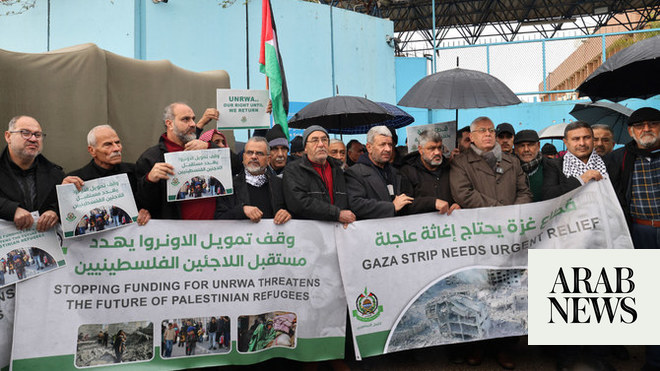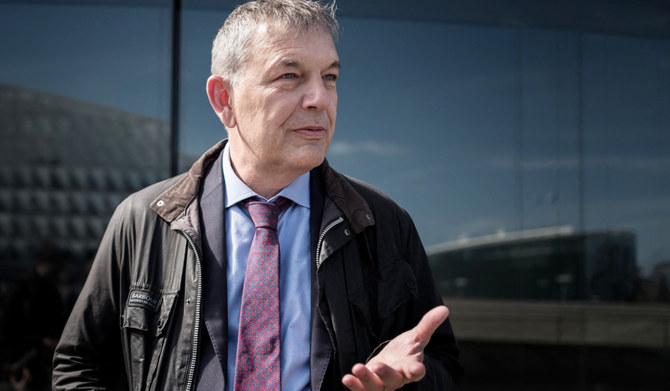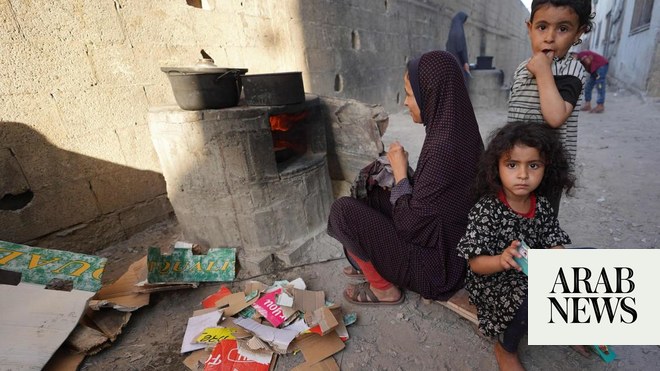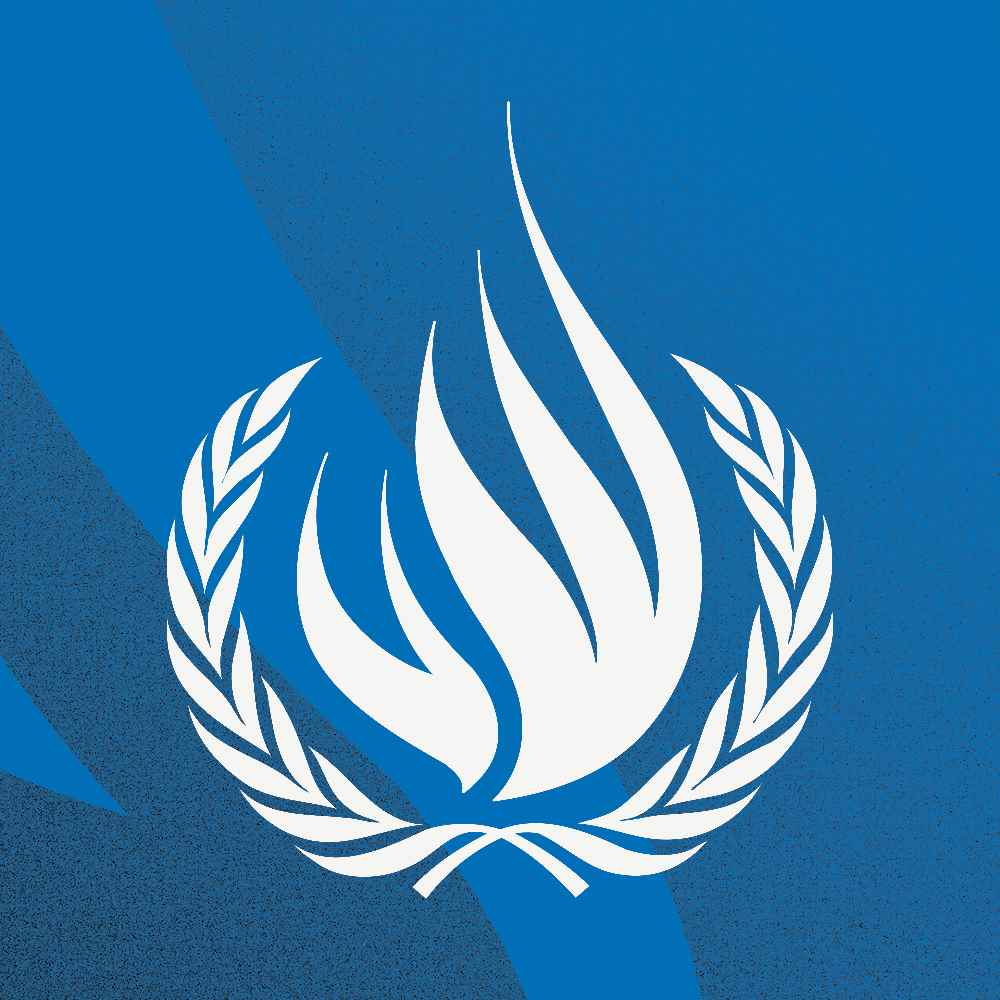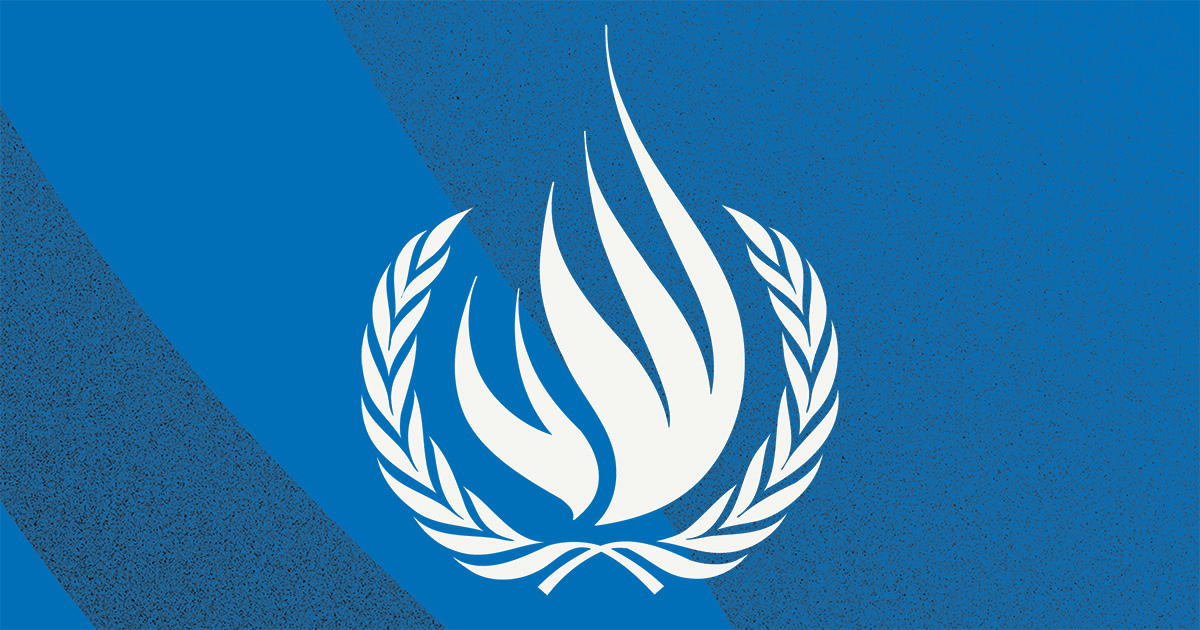
GENEVA (17 May 2024) – UN experts expressed disappointment today that some States have yet to reinstate funding weeks after an independent review showed a lack of evidence for partiality claims against the UN Relief and Works Agency for Palestine Refugees in the Near East (UNRWA).
“The independent review ordered by the UN Secretary-General, following an increase of allegations since the onset of the military assault on Gaza in October 2023, has shown that the claim that significant numbers of UNRWA employees have ties with ‘terrorist organisations’ remains unsubstantiated,” the experts said.
They welcomed the review’s conclusions that UNRWA has a very developed approach to neutrality, with effective control mechanisms to address neutrality concerns.
“This indicates that UNRWA has yet again been targeted politically at critical moments—raising serious questions about accountability for the damage inflicted both on UNRWA and on the Palestinians in Gaza that the agency serves,” said the experts, recalling that other UN humanitarian and human rights bodies and mechanisms, including independent experts, have been subject to verbal and other attacks on their integrity and impartiality in the past several months.
The experts said decisions by various States to pause funds for UNRWA, following fallacious allegations that several staff were involved in the 7 October attacks in Israel, have already severely curtailed the agency’s operations in Gaza. No other entity has the capacity to deliver the scale and breadth of assistance that 2.2 million people in Gaza urgently need.
“We back the European Union’s call for those international donors holding out to resume funding to UNRWA,” they said. States should fully reinstate funding without delay.
“We recognise UNRWA’s determination to implement its mandate under unprecedented and enormous risks,” the experts said. “189 UNRWA staff have been killed in Israeli bombardments since 7 October 2023—the highest number of UN staff killed in any conflict since the UN’s founding in 1945.”
Multiple UNRWA facilities have been targeted, besieged and demolished by the Israeli military, in apparent violation of the principle of the inviolability of UN premises, the experts said. “At this existential time for millions of Palestinians in Gaza, who are enduring famine coupled with unfathomable humanitarian conditions, UN operations and facilities must be protected.”
Experts warn that 1.7 million people are internally displaced, mostly women and 600,000 children in the Rafah area alone, and they need food assistance, shelter, healthcare, education, water, sanitation and hygiene.
“It is imperative that once funding to UNRWA is reinstated to the fullest, UNRWA be fully recognised and protected both as a subsidiary body of the United Nations General Assembly, epitomising among others the permanent responsibility of the United Nations toward the Question of Palestine, and for its pivotal role in many areas of life of Palestinian refugees,” the experts said.
The experts: Francesca Albanese, UN Special Rapporteur on human rights in the Palestinian territories occupied since 1967; Dorothy Estrada Tanck (Chair), Laura Nyirinkindi (Vice-Chair), Claudia Flores, Ivana Krstić and Haina Lu, Working group on discrimination against women and girls; Jose Francisco Calí Tzay, Special Rapporteur on the rights of Indigenous Peoples; Bernard Duhaime, Special Rapporteur on the promotion of truth, justice, reparation and guarantees of non-recurrence; Ms Ashwini K.P. Special Rapporteur on contemporary forms of racism, racial discrimination, xenophobia and related intolerance; Ms. Gina Romero, Special Rapporteur on the Rights to Freedom of Peaceful Assembly and of Association; George Katrougalos, Independent Expert on the promotion of a democratic and equitable international order; Pedro Arrojo-Agudo, Special Rapporteur on the human rights to safe drinking water and sanitation; Elisa Morgera, Special Rapporteur on the promotion and protection of human rights in the context of climate change; Nicolas Levrat, Special Rapporteur on Minority issues; Farida Shaheed, Special Rapporteur on the right to education; Mary Lawlor, Special Rapporteur on the situation of human rights defenders; Tlaleng Mofokeng, Special Rapporteur on the right of everyone to the enjoyment of the highest attainable standard of physical and mental health; Margaret Satterthwaite, Special Rapporteur on the independence of judges and lawyers; Cecilia M Bailliet, Independent Expert on human rights and international solidarity; Alexandra Xanthaki, Special Rapporteur in the field of cultural rights; Olivier De Schutter, Special Rapporteur on extreme poverty and human rights; Claudia Mahler, Independent Expert on the enjoyment of all human rights by older persons; Attiya Waris, Independent Expert on the effects of foreign debt and other related international financial obligations of States on the full enjoyment of all human rights, particularly economic, social and cultural rights; Ben Saul, Special Rapporteur on the promotion and protection of human rights and fundamental freedoms while countering terrorism. Paula Gaviria Betancur, Special Rapporteur on the human rights of internally displaced persons. Michael Fakhri, Special Rapporteur on the right to food; Tomoya Obokata, Special Rapporteur on contemporary forms of slavery, including its causes and consequences; Reem Alsalem, Special Rapporteur on violence against women and girls, its causes and consequences; Irene Khan, Special Rapporteur on freedom of opinion and expression.
The Special Rapporteurs are part of what is known as the Special Procedures of the Human Rights Council. Special Procedures, the largest body of independent experts in the UN Human Rights system, is the general name of the Council’s independent fact-finding and monitoring mechanisms that address either specific country situations or thematic issues in all parts of the world. Special Procedures’ experts work on a voluntary basis; they are not UN staff and do not receive a salary for their work. They are independent from any government or organization and serve in their individual capacity.
For more information and media request please contact: hrc-sr-opt@un.org
For media inquiries related to other UN independent experts, please contact Dharisha Indraguptha (dharisha.indraguptha@un.org) or John Newland (john.newland@un.org)
Follow news related to the UN’s independent human rights experts on Twitter @UN_SPExperts.






